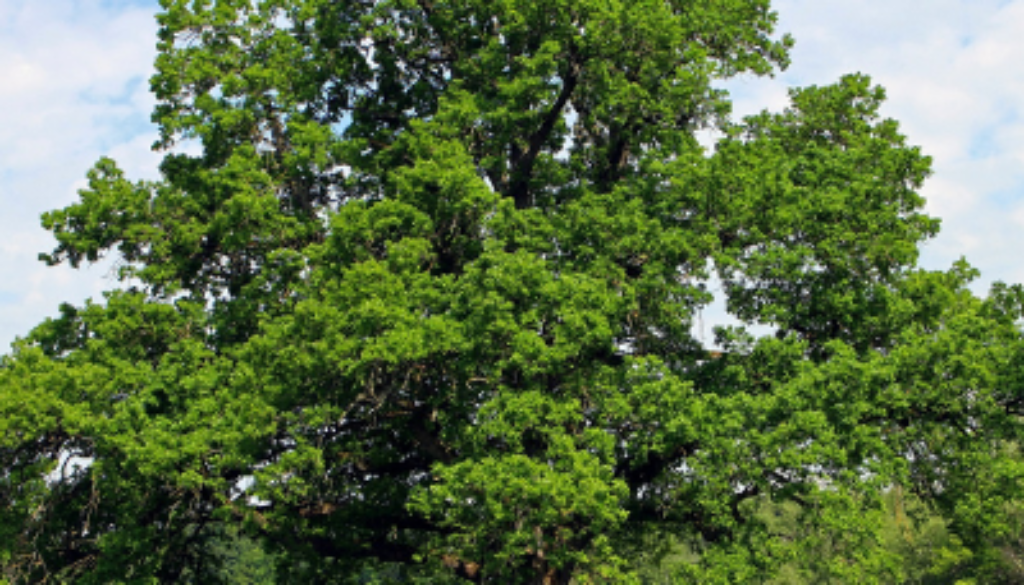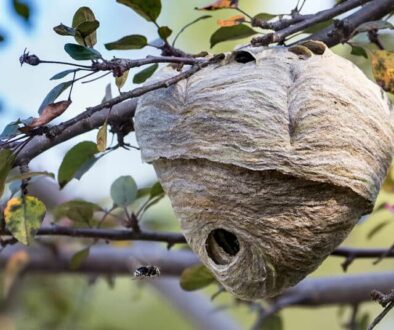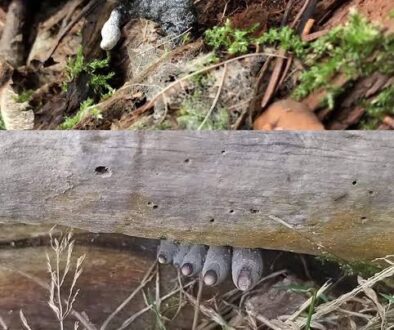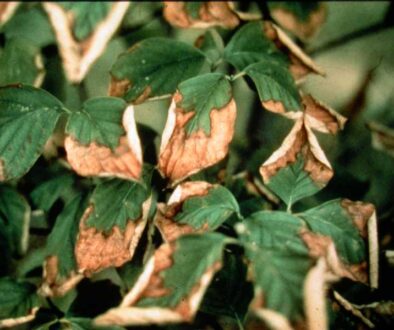How do you keep mature trees healthy?
Mature trees grow more slowly than young trees and are very sensitive to their surrounding environment. If older trees are damaged or left with large pruning wounds, they regrow wood slowly and are more susceptible to disease.
If watered improperly or growing in poor soil conditions, the tree’s health will decline. The tree may be stressed for a long period before it shows significant symptoms such as leaf or branch drop. Oversee trees for foliage changes to catch problems early, and begin care and treatment.
Apply a thin layer of Mulch provides several important advantages—especially to very young and very mature trees. It retains moisture and retards soil erosion, discourages weeds, and prevents soil compaction that deprives tree roots of oxygen. When it decomposes, organic mulch feeds the microorganisms in the soil around the tree’s roots. They, in turn, produce nutrients that the tree roots can take up. Mulch also helps prevent bark damage by keeping lawnmowers and string trimmers from getting too close to the base of the tree.
In certain instances, an expert may suggest the use of a growth regulator to manage growth, alleviate stress, and prolong the life of the tree. Reach out to a Plant Health Care (PHC) professional for assistance with the application process.
To ensure the optimal condition of your trees, it is advisable to consult a Certified Arborist who can provide valuable recommendations to promote the health and safety of your trees. By following their advice, you and your family can fully enjoy the benefits of having well-maintained trees.
Contact Johnson Ops Tree Care at 608 526-6297 to schedule an evaluation of your trees.




